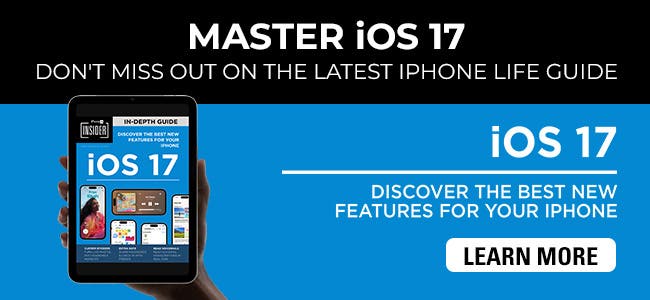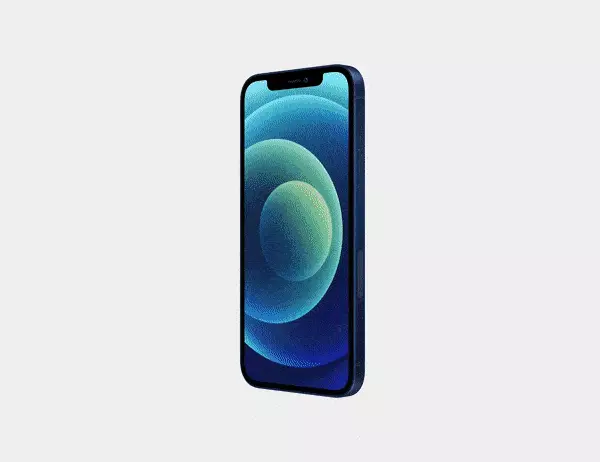Widespread adoption of PDAs, smartphones, and tablets has been predicted since the 90's. During much of that time, a visionary but limited audience of businesses and end-users did adopt these small computers. However, the major competitors in the industry remained frustrated. They were unable to significantly expand or dominate the mobile market as Microsoft Windows did with PCs. These companies built PDAs and phones around platforms such as DOS, Palm, Windows Mobile, Blackberry, and Symbian.
Finally, in 2007, Apple introduced the iPhone and in 2010 the iPad. In doing so, Apple and its iOS operating system set a new industry standard of usability and elegance for small, powerful computing devices. Thanks to Apple, the pundits were finally proven correct. Smartphones have become mainstream and tablet adoption accelerates. Apple has been rewarded by becoming the dominant player in the smartphone, PDA (iPod touch), and tablet arena.
Apple's competition
Based on what I witnessed in February at the Mobile World Congress in Barcelona, Apple will have to remain at the top of its game to retain its leadership position. Google Android, Microsoft Windows Phone, and perhaps HP webOS will challenge Apple. As consumers, we will all benefit from that competition.

The market is huge—the majority of the almost seven billion humans on the planet will want at least one of these communication devices. That means a number of companies will thrive by delivering the various components: the wireless infrastructure, the hardware, the operating system platform, and the apps. Furthermore, competition, technological advances, and the ongoing challenge of creating useable functionality in small devices means that we will see exciting new products for years to come.
Google's approach is the opposite of Apple
At the moment, Google Android presents the most formidable challenge to Apple's dominance. What is so interesting is that the modus operandi of Apple and Google are opposite. Apple is cloistered and controls the platform and its partners. It owns or exerts control over the phone networks, hardware, operating system, apps, and marketing. Apple is secretive and aloof. It does not participate in trade shows or other networking events. By controlling so many of the pieces, it has been able to create extraordinarily useful, stable, and beautiful devices.
Google, on the other hand, is about networking. Apple was not at the Mobile World Congress, while Google had a large exhibition space packed with its hardware and app developer partners. Google's Android operating system is "open source," and engineers both inside and outside Google develop software. There are no license fees. Any hardware and phone company can adopt Android. In fact, anyone or any company can choose to modify the actual core operating system.
Google does set standards for Android and continues to make improvements over its core. However, essentially any company is free to do what it wishes. That means app developers sometime need to adapt their app for different Android platforms. App developers can distribute their software through a variety of channels without restriction. On the other hand, Apple developers abide by strict rules and can only distribute their app through Apple's App Store.
Out of this sometime messy Android ecosystem, with companies large and small collaborating and competing, comes the potential for a much larger user base. More Android stakeholders means more collective marketing and distribution power. On the other hand, despite its early success, Apple is only one company. In addition, the freedom and competition present in the Android ecosystem mean the likely ongoing creation of truly innovative devices and software. In Barcelona I saw some exciting new Android phones and tablets from HTC, Samsung, Motorola, and others.
Microsoft partners with Nokia
Microsoft lies in the middle of the extremes of control and partnership represented by Apple and Google. Microsoft licenses its new proprietary Windows Phone operating system to any phone network operator or hardware manufacturer (OEM) that meets Microsoft requirements. Further, Microsoft recently announced a partnership with Nokia, the largest phone company in the world. Nokia is the dominant phone supplier in many countries outside the U.S., including most developing nations. In terms of volume, the alliance with Nokia could give Microsoft an opportunity to leapfrog over Apple and Android.
By partnering with Microsoft, Nokia is abandoning Symbian, its own smartphone operating system. Symbian, like Microsoft's Windows Mobile (predecessor to Windows Phone), evolved from an earlier 90's PDA operating system. Windows Phone offers both companies a fresh start and a powerful alliance.
Is the recently launched Windows Phone OS, with elements of Zune and Xbox, competitive? The reviews are mixed, but most reviewers see potential. I have spent an hour playing with a Windows Phone and was impressed by its intuitiveness and integration of features. It is a fun, very usable phone. Subsequent versions will add some basic missing features such as copy and paste and multitasking, as well as fix some anomalies. (This upgrade path should sound familiar to early iPhone users.) Further, Microsoft's alliance with Nokia means that Windows Phone will likely adopt superior Nokia features such as mapping.
Fundamental to the success of Windows Phone will be its usability, appeal and its ability to catch up to iOS and Android. However, the most important determinant of Microsoft dominating in the mobile space will likely be the effectiveness of partnering with Nokia.
HP's Palm webOS
Finally, I saw an impressive, but hands-off demonstration of a new tablet from HP using webOS. In 2010, HP surprised the industry by purchasing Palm and webOS. (WebOS has similar open source roots as Android.) Like Apple, HP intends to deliver both phone and tablet hardware and operating system to its customers. In fact, HP plans on taking this approach one step further. In 2012, HP will include both webOS and Windows on all its desktops and laptops. This level of integration across its computing hardware should prove beneficial to end users and developers. HP has superior retail channels, and it could carve out a significant portion of the pie with the right pricing and products.
So, who will win?
It will be fun to see which companies succeed. It will depend on great software and hardware as well as execution of strategy from the major players. And who knows what other company will emerge that we have never even heard of. In any case, the competition should be a great boon for individuals and for businesses using mobile technology.

